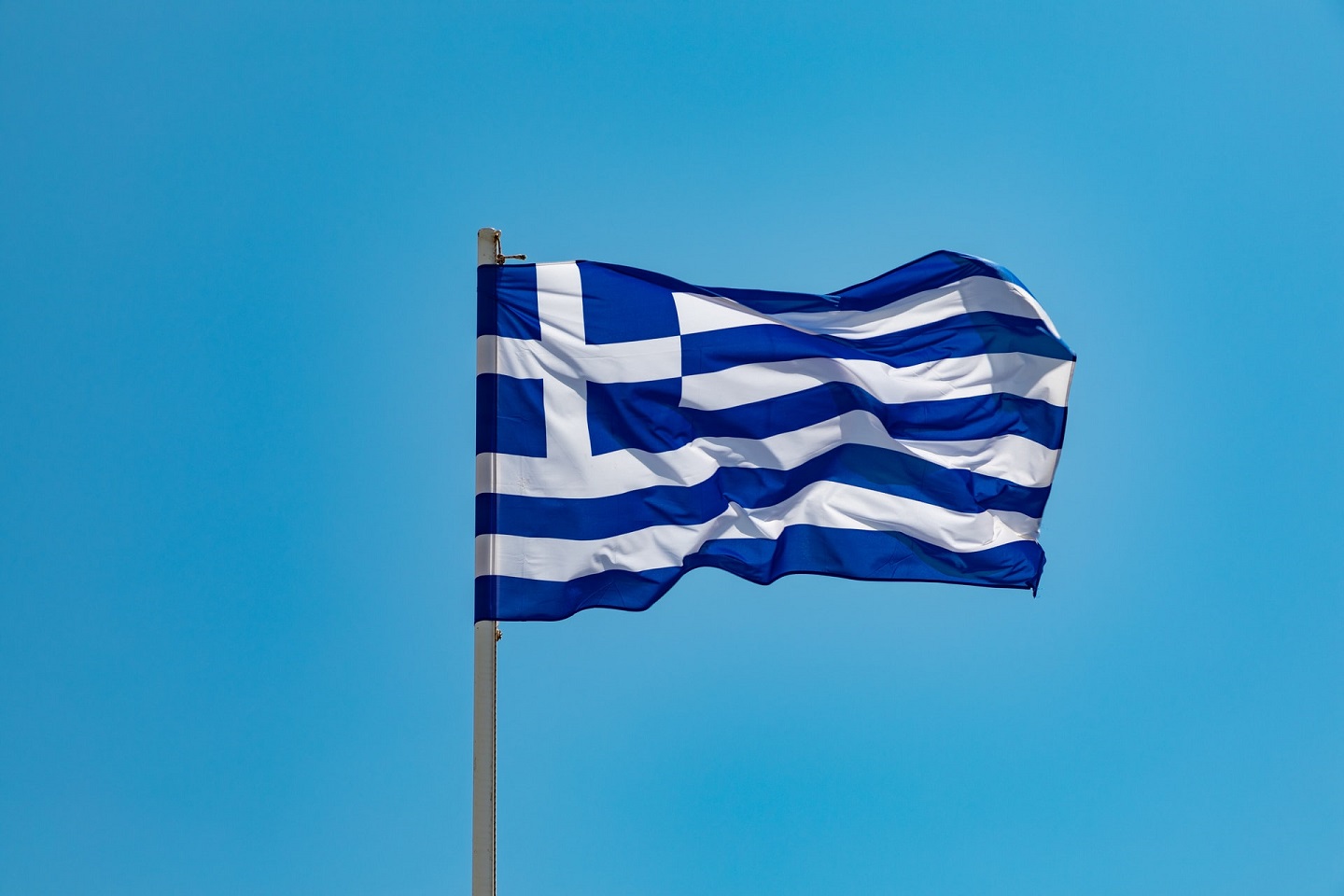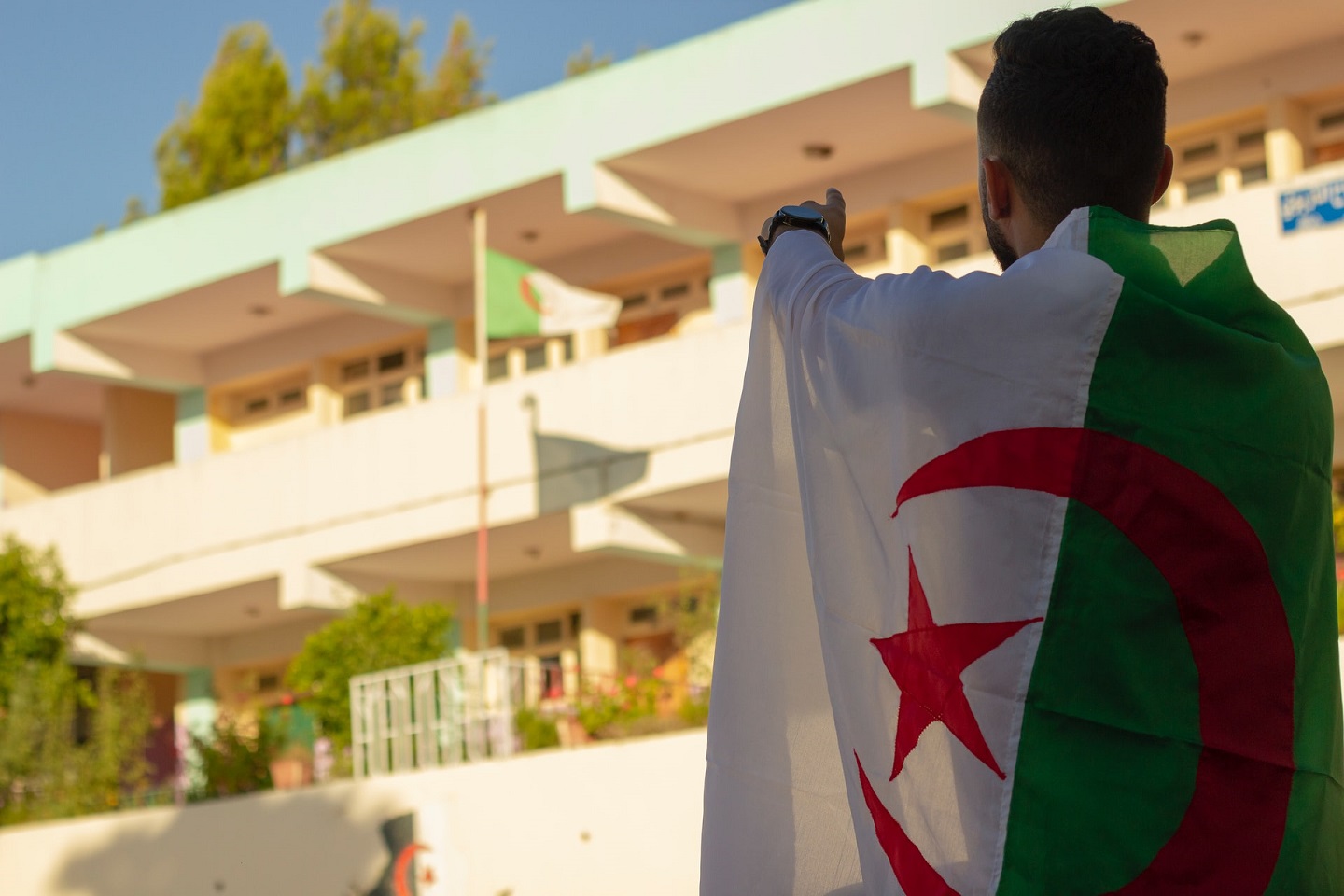On this day, 50 years ago, Bangladesh, our glorious nation, declared independence from its oppressive rulers in West Pakistan. This marked the beginning of a nine month long struggle that ended with the victory of our Mukti Bahini, and freedom for our nation. The Bangladesh Liberation War was one of many independence struggles that were fought throughout history, but it is the one that is closest to our heart as Bengalis. To commemorate the golden jubilee of our Independence today, we will take a look at different wars of independence that have been fought throughout history.
American Revolutionary War

The American Revolutionary War can be considered to be one of the most famous and consequential wars of independence in history, as it resulted in the birth of a future superpower, the United States of America. But this superpower started off as a group of humble colonies of the British Empire in North America. Founded in the 17th and 18th Centuries, these colonies grouped together were called the Thirteen Colonies. Although they were mostly self-governed, critical decisions regarding the economic policies of the colony were made by Great Britain in London.
With time, resentment towards the rule of the British growing with time, the Thirteen Colonies got together and planned a revolution against the British. At the same time, the British Empire was in massive debt after fighting the Seven Years War and the French and Indian War. They planned to pay for that debt by taxing the colonies. This outraged them, and led the Thirteen Colonies to declare independence on July 4, 1776. After this, the Thirteen Colonies and their Continental Army, with help from the French Empire, fought an eight year long war against the British Empire, after which they emerged as the victors of the war, gaining independence in the process.
Latin American Wars of Independence

The Latin American Wars of Independence took place in Central and South America, in the late 18th and early 19th Centuries. It resulted in the independence of many countries in Latin America, including Brazil, Mexico, Colombia, Venezuela, Chile, etc. The people of Latin America at that time did have a nationalist identity that is different from the colonialists in Spain and Portugal, but the real push for independence began with the Napoleonic Wars in Europe. When Napoleon invaded the Iberian Peninsula (Spain and Portugal), the two kingdoms were in crisis. In Spain, there was a succession crisis, resulting in the declaration of independence from most of the Spanish colonies in Latin America. The Portuguese royal family was exiled to their colony in South America.
These colonies were influenced by revolutions in France, the United States, and Haiti. After the colonies declared independence, a civil war ensued between supporters of the Spanish Empire and the Libertadores. The struggle for independence in South America was mostly led by revolutionary leaders such as Simón Bolívar and José de San Martín, who are still hailed as heroes to this day. The major portion of the war ended in 1821 when most South American colonies were recognized as independent countries. Brazil proclaimed independence from the Portuguese Empire in 1822, which happened after the Portuguese King left his son Dom Pedro I to rule Brazil after returning to Portugal.
Greek War of Independence

The story of Greek independence from the Ottoman Empire is a true David vs Goliath fight, with Greece being a small part of the vast Ottoman Empire at that time. Greece was split up by the Byzantine Empire, the French, and the Venetians till the 14th Century, when the Byzantine Empire fell to the Ottoman Ruler Sultan Mehmed II. After that, the Ottoman Empire slowly gained control and ruled over most parts of Greece. The Ottomans granted the Greeks some autonomy, but still considering its population to be inferior subjects of the empire. Attempts of uprisings by the Greeks were swiftly crushed by the Ottoman Empire over the few centuries that followed.
In the early 1800s, the revolutionary fervor that spread throughout most of Europe also inspired the Greeks to finally break away from the Ottoman Empire. The Fiki Eteria (Society Of Friends), Sacred Band, and Greek Revolutionaries started the fight against the Ottoman Empire in early 1821. The Ottomans, with help from their vassal states Egypt, Tunis, Tripolitania, and Algeria, managed to quell the rebellion by 1826, at which point independence seemed impossible for the Greeks. Thankfully, intervention from the Great Powers (United Kingdom, France, and Russia) prevented total defeat for the Greeks, and then turned the tide of the war against the Ottomans. The war ended in 1929, and the Kingdom of Greece was established in 1932 after the signing of the Treaty of Constantinople.
Algerian War

The Algerian War was one of the most important decolonization wars in the post World War II period, and resulted in gruesome conflict in Algeria, with further events in Metropolitan France. Algeria was a vassal state of the Ottoman Empire until the early 19th Century when the French invaded the country and conquered it in 1830. The French incorporated Algeria into the French Second Republic in 1848 and deemed it to be an integral part of Mainland France, which is different from most other colonies of the French Republic, which were treated as overseas territories. However, the populace of French Algeria, especially the Muslim population, were subject to many discriminatory laws. In the early 20th Century, many resistance movements started to grow, and the demands for independence grew stronger each day.
On the 1st of November, 1954, the National Liberation Front (FNL) announced a national struggle for the restoration of an Algerian State. On that day, known as Toussaint Rouge, 70 French targets throughout Algeria were attacked by separatists, which signaled the beginning of a long and grueling war between FNL and the French Army. The FNL and its allies mostly resorted to guerilla warfare against the much stronger French Army. As time passed, the French Army resorted to more brutal tactics against the Algerians, and support for the war began to diminish in mainland France. After pressure from its allies and the UN, the French decided to negotiate with the Algerians, and in 1962, after the signing of the Evian Accords, a referendum was held in French Algeria regarding independence. After the Algerians voted for their independence, the French started to withdraw from Algeria.
These were some of the most monumental wars of independence that have been fought throughout history. They have been consequential in changing the global world order and have been crucial in the process of decolonization. And most importantly, they have resulted in the independence of oppressed peoples and nationalities from the powerful empires that controlled them.




